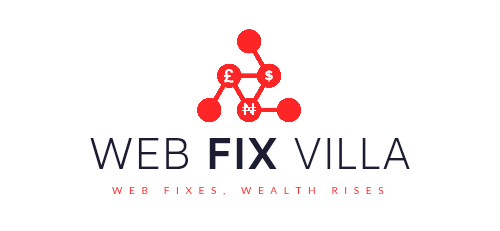
Insurance serves as a financial cushion that helps you manage unexpected situations. From medical emergencies to car accidents or damage to property, insurance ensures that you’re not left to handle the financial burden alone. But how exactly does insurance function in Nigeria, and why is it important?
In this post, we’ll simplify the concept of insurance and explain how it operates in the Nigerian context.
What Exactly Is Insurance?
At its core, insurance is a legal agreement between an individual (the policyholder) and an insurance provider. The policyholder pays a set amount known as a premium, and in return, the insurer agrees to cover specified losses or damages resulting from certain events—like illness, theft, accidents, or natural disasters.
Every insurance policy has two major components:
- Premium – The periodic payment (monthly, quarterly, or yearly) you make to keep your insurance active.
- Claim – The request for payment you make when an insured incident occurs and you suffer a loss or damage.
How Insurance Operates in Nigeria
The process of insurance in Nigeria follows globally accepted models but is adapted to local conditions, needs, and regulatory guidelines. Here’s how it typically works:
1. Selecting the Right Type of Insurance
The first step is determining the kind of coverage you need. There are various options such as health, life, auto, property, and business insurance. For instance, a car owner will need motor insurance, while a small business might require property and liability coverage.
2. Paying Your Premium
Once you’ve chosen a suitable policy, you begin paying premiums to the insurer. Nigerian insurance companies often offer flexible payment plans, allowing you to pay monthly, quarterly, or annually. Your premium amount depends on factors like your age, health, the value of the item being insured, and the level of risk involved.
3. Making a Claim
If something unfortunate happens—say, a medical emergency or an accident—you can file a claim with your insurer. This is your request for financial compensation to cover the cost of the loss.
4. Claim Evaluation
After receiving your claim, the insurance company investigates the incident to ensure it falls within the scope of your policy. They’ll assess your documents, the event in question, and the loss reported. If your claim is valid, the insurer approves it.
5. Receiving Compensation
Once your claim is approved, the insurer will pay you the agreed amount stated in your policy. This payout helps reduce the financial impact of the loss, giving you the support you need to bounce back.
The Role of NAICOM in Nigeria’s Insurance Sector
The National Insurance Commission (NAICOM) is the regulatory authority overseeing the insurance industry in Nigeria. It ensures that insurance companies act responsibly, remain financially capable of settling claims, and comply with industry laws.
NAICOM also issues licenses to insurance providers and brokers, helping to maintain transparency and protect consumers’ interests.
Final Thoughts
Insurance in Nigeria operates similarly to international models but with additional safeguards through local regulation. It’s a powerful tool that helps individuals and businesses manage risks, avoid financial hardship, and plan for the unexpected.
Understanding how insurance works enables you to choose the right plan for your needs. If you haven’t taken out insurance yet, now is the perfect time to explore the available options and take proactive steps toward securing your financial future.










